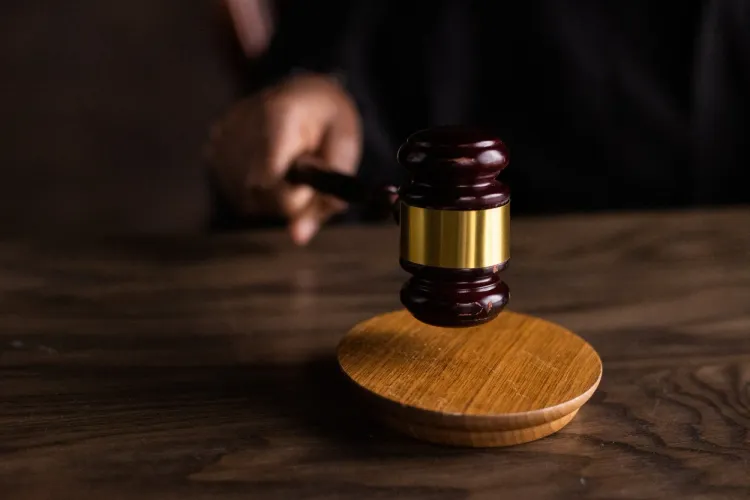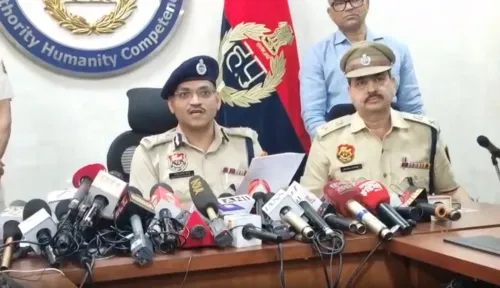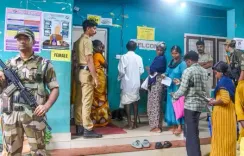Why has the Bengal school-job case verdict been postponed?

Synopsis
Key Takeaways
- Postponement of verdict highlights judicial complexities.
- Weather conditions can impact legal proceedings.
- Allegations point to significant financial misconduct.
- The case has broader implications for public accountability.
- New developments are expected on Wednesday.
Kolkata, Sep 23 (NationPress) A special court handling the Prevention of Money Laundering Act (PMLA) in Kolkata has deferred the hearing regarding the Enforcement Directorate's request for the custody of West Bengal Minister Chandranath Sinha, linked to the extensive cash-for-school-jobs scam, for an additional day.
The proceedings concluded on September 20, with the judge having reserved a decision to be delivered on Tuesday.
However, the judge was unable to attend the court session in South Kolkata today due to severe waterlogging on the roads from the previous night's rainfall.
As a result, the critical ruling could not be made. It was later confirmed that the verdict would be announced on Wednesday.
This decision will clarify whether the ED's request for Sinha's custody will be fulfilled or if his interim bail will continue.
During the September 20 proceedings, the ED's legal representative requested a seven-day custody for the minister, presenting arguments supporting the allegations made by the central investigative body.
The primary allegations include dubious financial transactions totaling Rs 12.73 crore identified in bank accounts belonging to him and his relatives, his failure to explain the origins of substantial cash deposits into his account, and discrepancies in income reported in tax filings, as detailed in the ED's sixth supplementary charge sheet earlier this month.
Additionally, the functioning of the Calcutta High Court was significantly disrupted, as many lawyers, court officials, clerks, and other case-related individuals could not reach the court due to the waterlogged conditions.
Even though most judges arrived at the court premises on time, they had to leave shortly after, as the petitions scheduled for their benches could not be addressed due to the absence of necessary parties.









